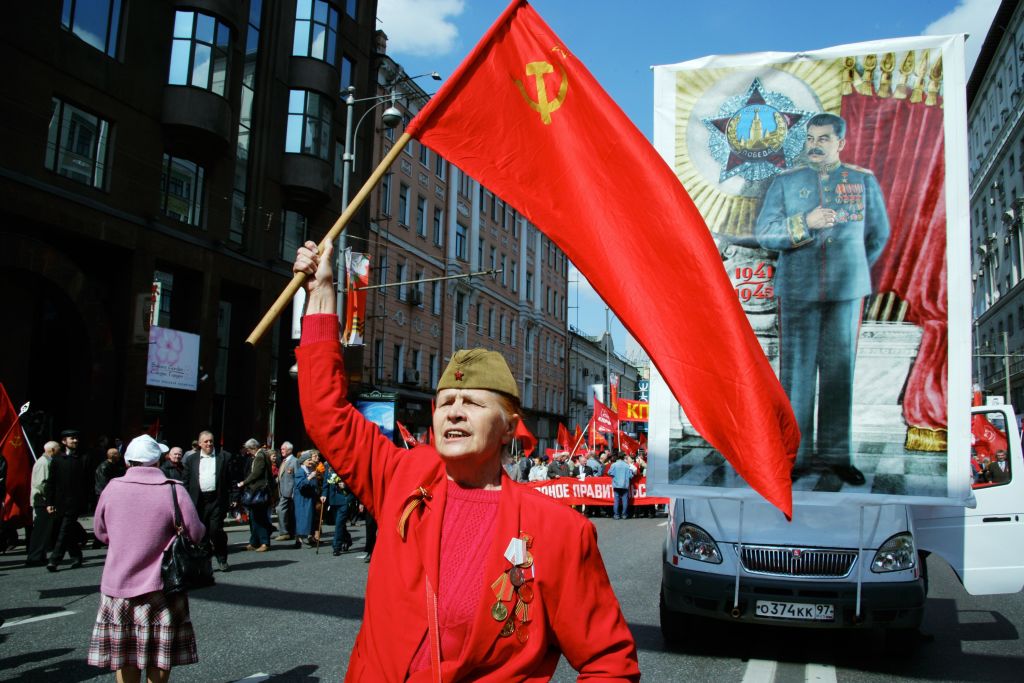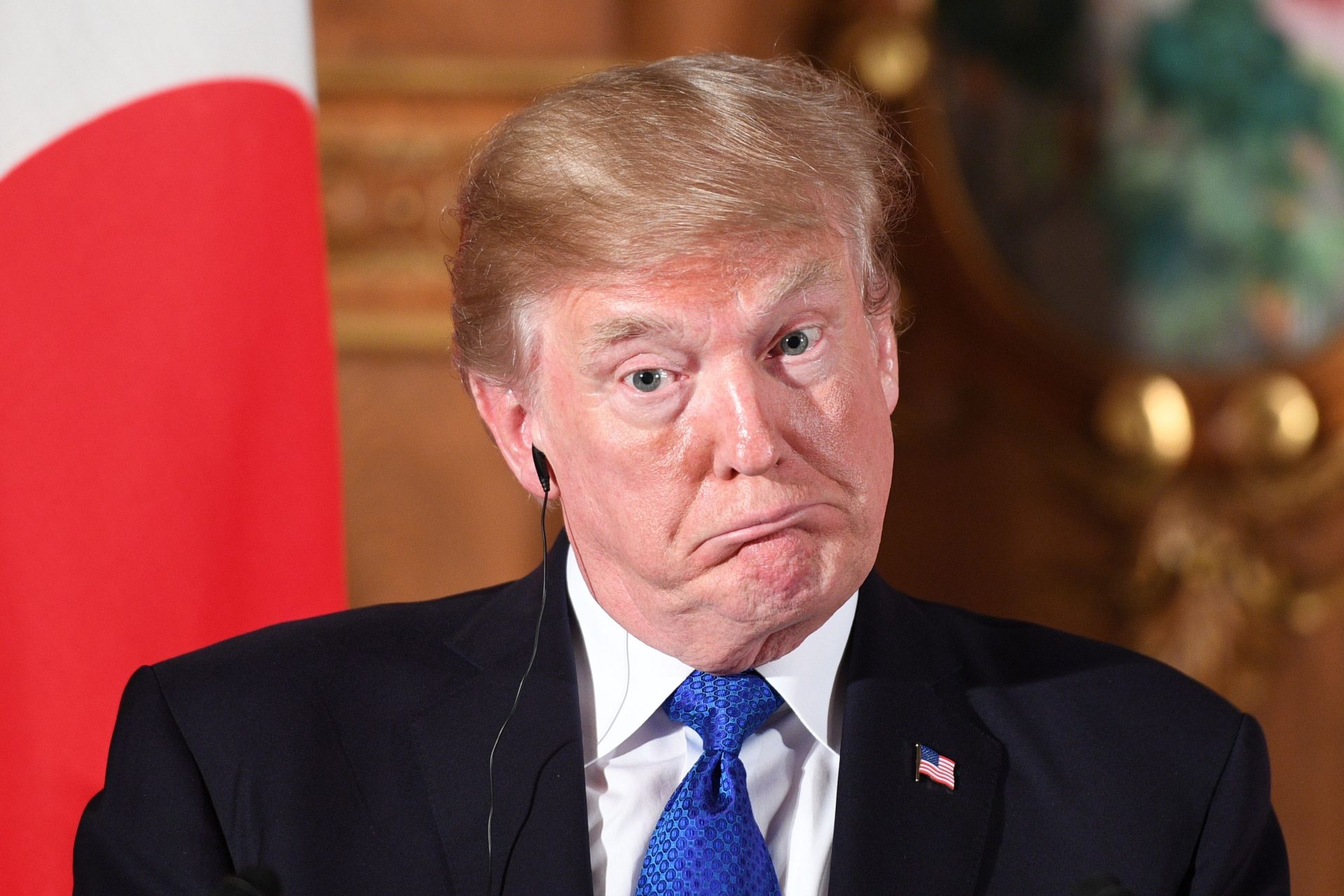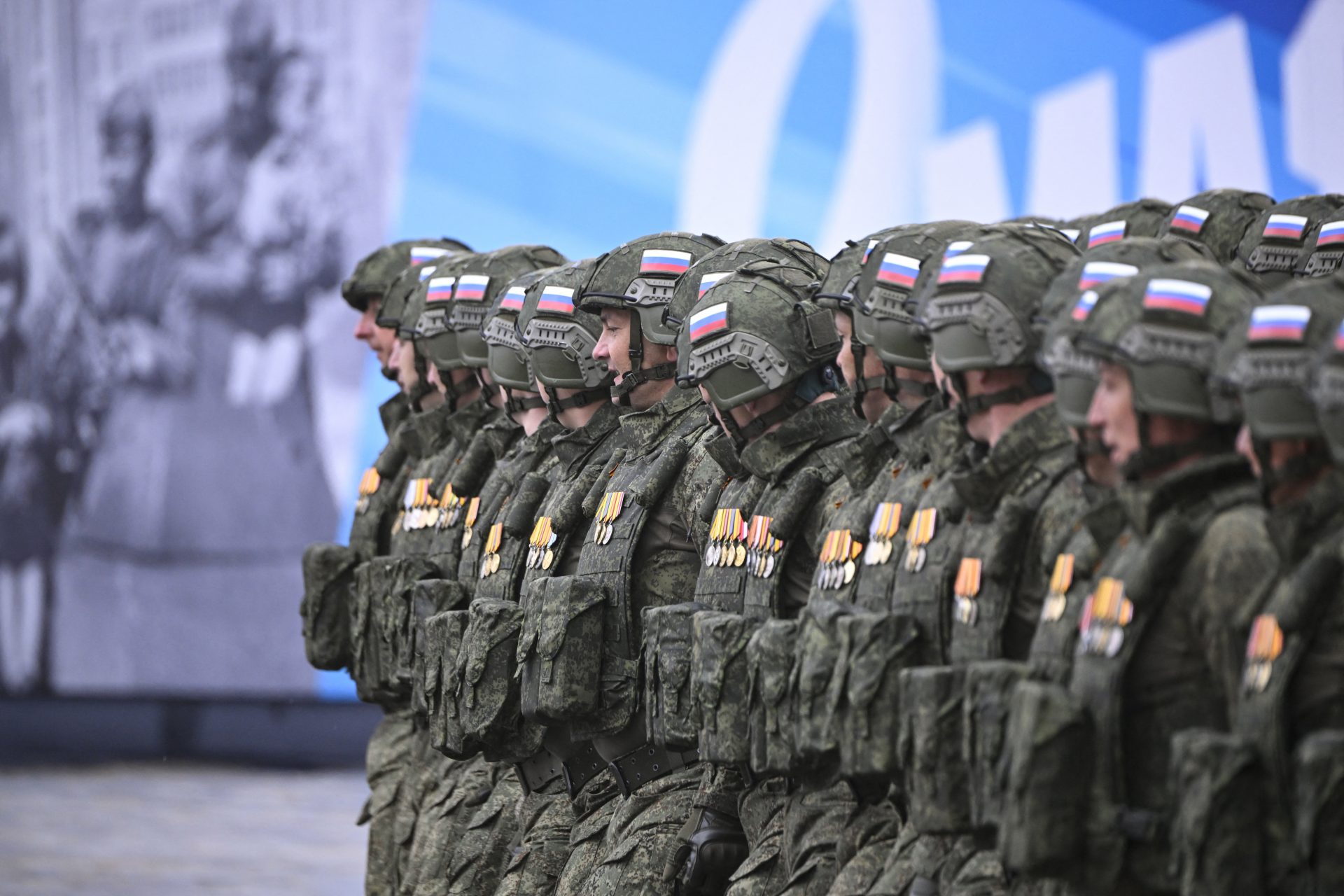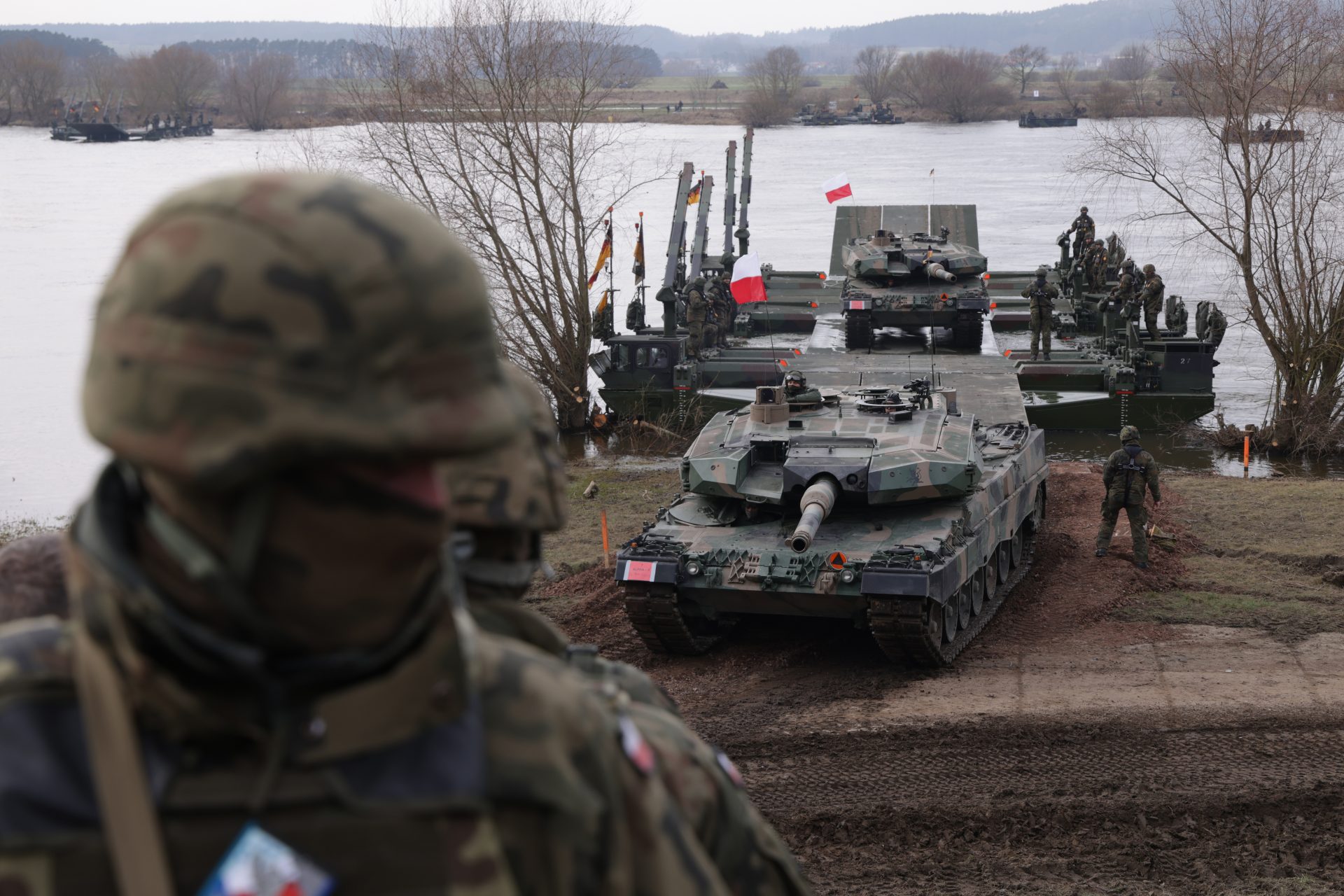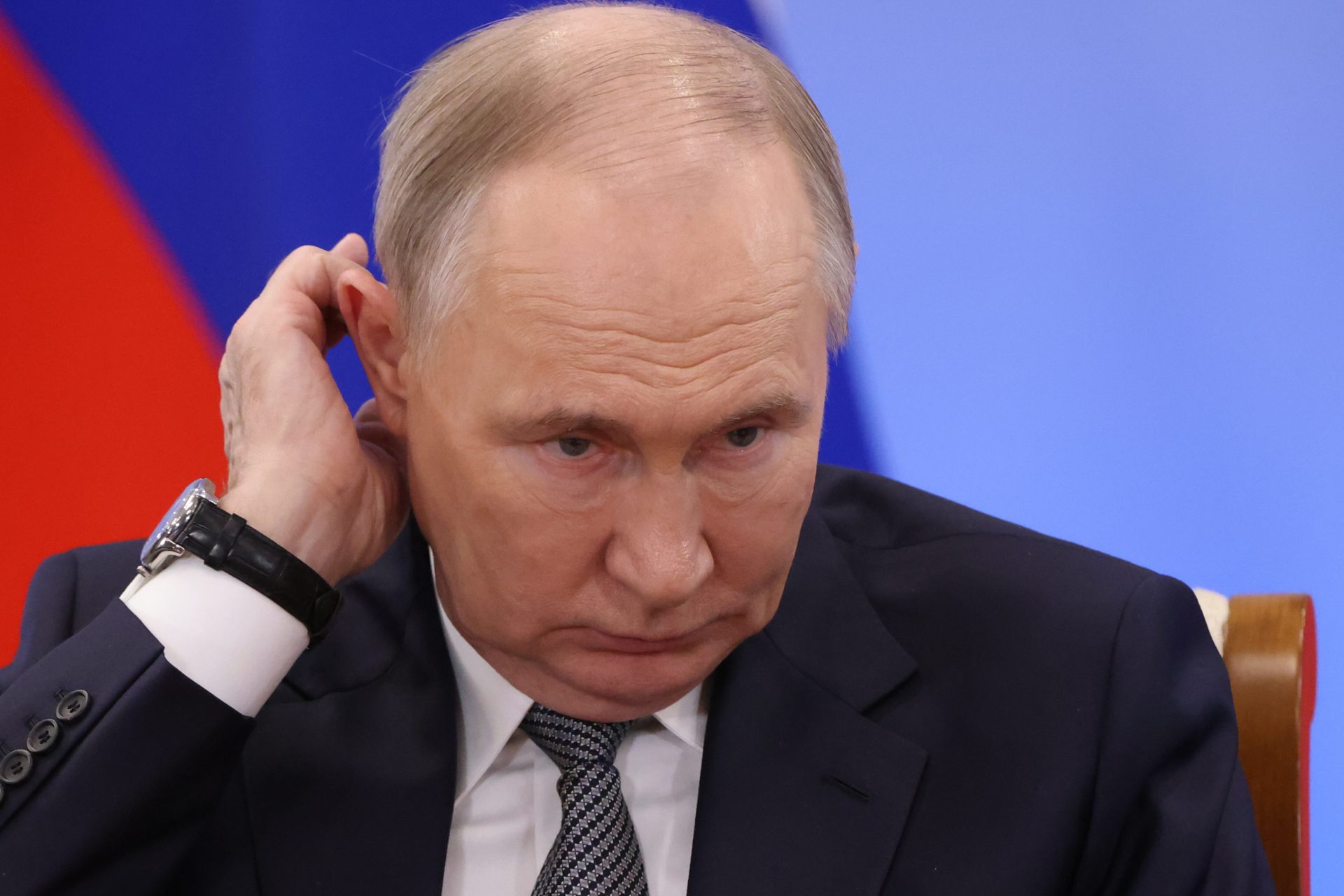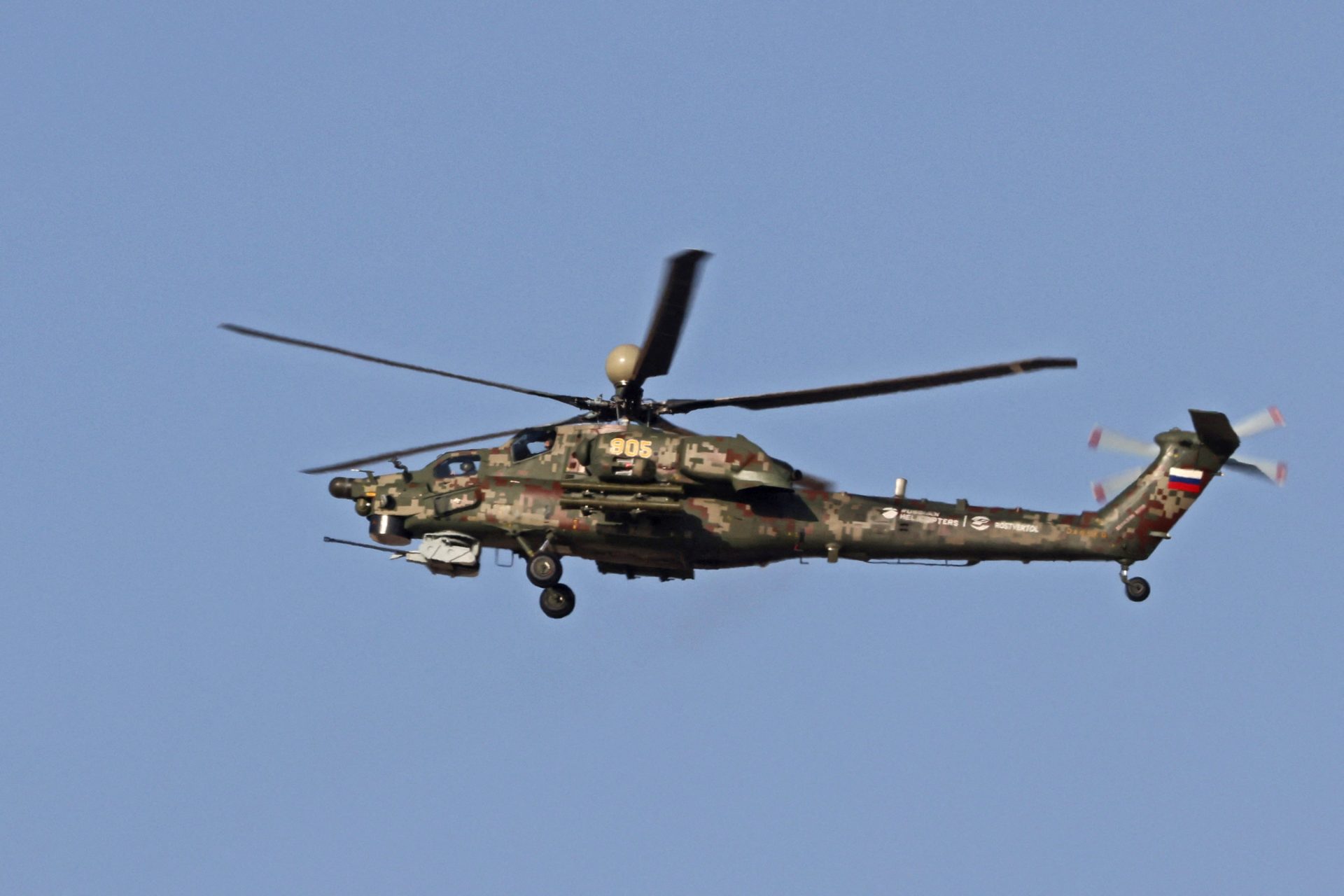Putin is exploiting Russia's nostalgia for the Soviet Union
Love it or hate it, you can't deny there's something about the Soviet Union that is fascinating to this day. Vladimir Putin knows it too well, and has been trying to channel it.
Nostalgia is very much alive for the Russian people. According to a poll shared by the Pew Research Center in 2017, 59% saw the collapse of the Soviet Union as a very bad thing.
The same poll reveals that 58% of Russian people see Stalin’s rule in a very positive or mostly positive light. The number is much smaller in other former Soviet countries.
Ioseb Besarionis dze Jughashvili was a poor Georgian peasant in Tsarist Russia that luck turned into Joseph Stalin, one of the most influential individuals of the 20th century. You can't deny there's something appealing about these type of stories.
This creates quite a contrast when compared to, say, Mikhail Gorbachev, who only got 22% in the same poll.
Looking at the economic and social instability that defined post-Soviet Russia in the 1990s, it’s easy to understand why people felt nostalgic towards the past when Moscow led one of the most powerful nations in the world.
Putin himself has considered the fall of the Soviet Union as “the greatest geopolitical mistake of the 20th century”, according to NBC News.
“Tens of millions of our fellow citizens and countrymen found themselves beyond the fringes of Russian territory,” the Russian leader said in a 2005 speech.
During an interview with Hollywood director Oliver Stone, Putin spoke about Stalin in apologetic terms, arguing that he was “a product of his time” that was reviled too much by modern, Westernized eyes.
Vladimir Putin was born in 1952, just a few months before the death of Stalin. However, the Soviet leader led a long-lasting impression both at home and around the globe.
Joseph Stalin emerged as the sole leader of the URSS in the 1930s after the years of political rivalry, instability, and collective decision-making that defined the early years of the Soviet Union.
The Soviet leader managed to secure his position through the persecution of dissident voices, such as Leon Trotsky, with show trials and prisoner camps in Siberia.
Stalin led the Soviet Union into a process of massive modernization and industrialization, transforming in a few decades a poor, agrarian society into a superpower.
At the same, millions were affected or died under Stalin’s authoritarian rule. Most notable was the Holodomor, the man-made famine that killed millions of Ukrainians in the 1930s.
Stalin led the URSS during World War 2, known in Russia as The Great Patriotic War, fighting side by side with Great Britain and the United States against Nazi Germany.
Stalingrad was known as Tsaritsyn until 1925. During five months between 1942 and 1943, it was the place for one of the deadliest single battles in human history with over 1,200,000 casualties.
Pictured: The Monument of The Motherland Calls in Volgograd.
Axis forces attacked and bombarded Stalingrad, destroying 99% of the city. Yet, the Soviets ultimately came out victorious changing the course of World War 2.
The Soviet Union suffered by far the biggest losses of any other country during World War 2 but ultimately came out victorious. Stalingrad is a reminder of the sacrifice made for such victory.
Stalingrad changed its name to Volgograd in the early 60s as part of a process of de-Stalinization under the government of Nikita Khrushchev. However, many in Russia remain nostalgic for the old name and its historical significance.
Putin, doing his best to appropriate the World War 2 mythology, has called the invasion of Ukraine a war against Nazism. One can’t help but wonder if the President of Russia sees himself as something of a 21st-century Stalin.
More for you
Top Stories



